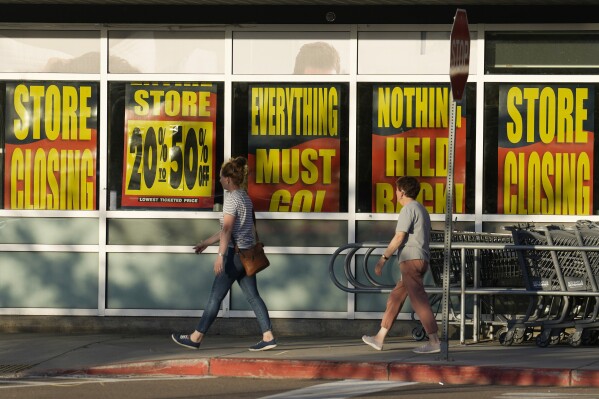Citizens from all 27 European Union (EU) member states will head to the polls between June 6-9 to elect the 720 members of the European Union Parliament.
The ruling coalition, which includes the European People's Party (EPP), the Socialists and Democrats (S&D), and Renew Europe (RE), is expected to retain a majority with 361 seats, according to the latest opinion polls from Europe Elects.
The centre-right EPP is projected to secure 182 seats, the centre-left Progressive Alliance of S&D is expected to win 136 seats, and the centrist-liberal group RE is projected to have 86 seats.
Other parties outside the current ruling coalition, such as the Left, the Greens/European Free Alliance, the European Conservatives and Reformists, and the far-right Identity and Democracy, are expected to win 38, 55, 79, and 69 seats respectively.
The first major task for the newly elected EU Parliament will be to elect the EU Commission President. Incumbent President von der Leyen is the most likely to be confirmed. Other potential candidates include former ECB President Mario Draghi, who could also be considered for the roles of President of the EU Council or High Representative of the EU.
Once the President is elected, the assembly will need to approve each member of the Commission through individual vetting.
Key policy priorities for the new EU Commission
According to Goldman Sachs European economist Filippo Taddei, the EU faces three structural challenges that the new Commission must address:
1) Productivity lag: Europe's productivity lags behind the United States.
Taddei highlights: "The first gap is a poor demographic outlook: there are 10 more individuals over 65 for every 100 people in the active population over 20 in Europe than in the US. Moreover, in Europe, there will be five additional people over 65 for every 100 active workers in every decade until 2050."
With ageing populations and resistance to migration, Europe faces a shortage of skilled workers to meet company demands, which is already a pressing issue.
2) Industrial investment: Europe has experienced lower levels of industrial investment compared to the United States since 2011.
Over the past decade, Europe has invested an average of 1.5 percentage points of GDP less than the US. US productivity growth outpaced Europe's even before the pandemic, and the EU economy has decelerated further due to the energy crisis.
Taddei warns: "If the current structural gaps are not addressed and productivity is not revived, real GDP per capita in the US will distance the euro area average by an additional 5 percentage points before the end of the decade."
3) Fiscal coordination: There is a need to consolidate and direct available fiscal space to address the EU's structural fragilities.
Key infrastructures, such as energy grids and technologies like AI, require substantial private funding and strategic prioritisation to achieve necessary scale.
Advancing the Capital Markets Union (CMU) has gained renewed support among European policymakers following recommendations from the Euro Summit in March. However, Taddei emphasises that, for the CMU to significantly address Europe's structural weaknesses, household savings must be channelled into higher investments.
Looking towards the future
There are reasons for optimism regarding the new European Commission's potential to drive meaningful progress toward reducing investment and productivity gaps.
The European Recovery Fund still has nearly €100 billion of spare financial capacity that could be disbursed through loans to member states, financing coordinated efforts to scale up investment in strategic sectors, according to Taddei.
If the EU fails to achieve strategic coordination on economic policy, there is now greater urgency among countries to move forward with initiatives involving subsets of member states, raising the risk of a "Two-Speed Europe".
The defence sector, in particular, is a likely candidate for enhanced policy coordination to meet NATO targets.
Regarding trade policies, Taddei believes that the upcoming EU elections alone are unlikely to result in increased trade restrictions or import tariffs, unless in response to policy changes from China or the United States.
Disclaimer: The copyright of this article belongs to the original author. Reposting this article is solely for the purpose of information dissemination and does not constitute any investment advice. If there is any infringement, please contact us immediately. We will make corrections or deletions as necessary. Thank you.



